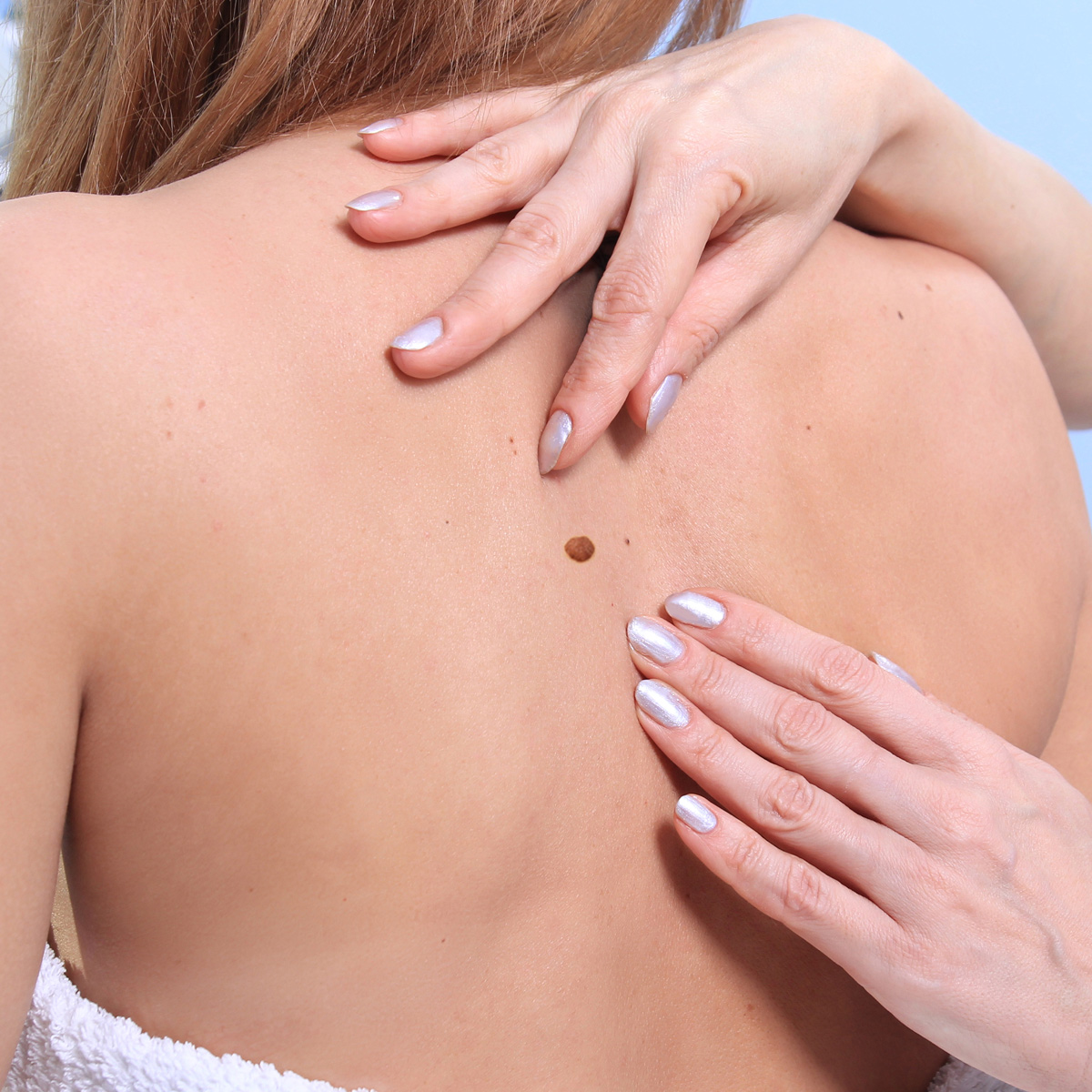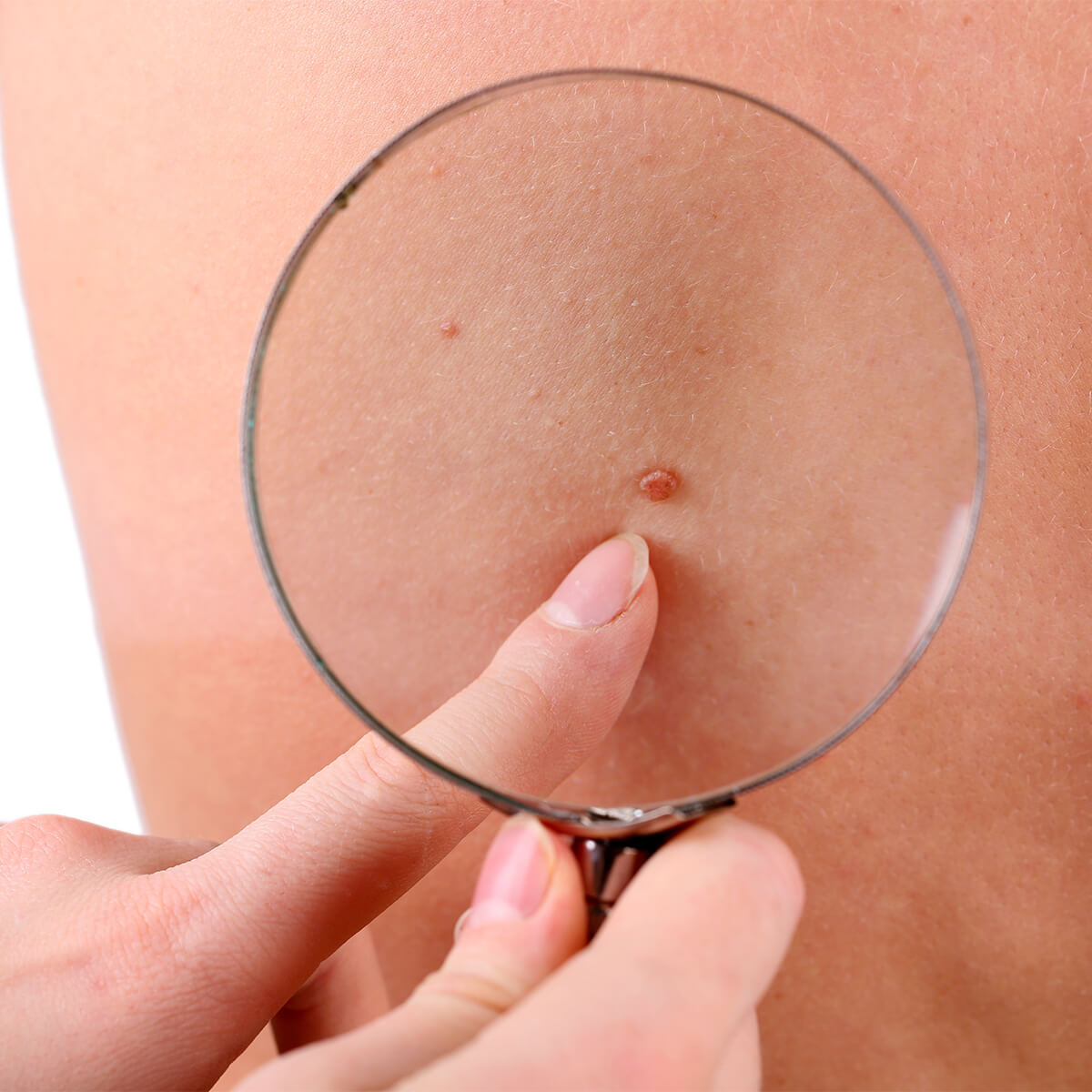The official journal of the American Society of Dermatologic Surgery reports that surgeons trained in Mohs Micrographic Surgery (MMS) are absent in around 82% of all U.S. counties. As residents of Suffolk County searching for a “Mohs surgeon near me,” you are fortunate to live in one of those counties with a qualified provider, trained in this precision treatment for many common skin cancers. Dr. Gina Marrero may perform Mohs Surgery in Huntington, NY at the Dermatology & Cosmetic Laser Center as a means of effectively removing Basal Cell Carcinomas and Squamous Cells Carcinomas. These two types of skin cancer account for almost all of the cases of skin cancer. They originate in the lowest part of the epidermis and the outermost epidermis respectively, and MMS presents the “gold standard” treatment for BBCs and SCCs. The reported 97% to 99% “cure” rate associated with Mohs surpasses other skin cancer treatments, including standard surgical excision, freezing, and biological therapy.
Additionally, the Mohs procedure may be appropriate for some types of melanoma, which accounts for around 1% of all skin cancers and originates in the melanocyte cells. Due to the precise nature of this technique, developed by the late surgeon Dr. Frederic E. Mohs in the 1930s, Mohs may also be helpful to treat cancers:
- In delicate or prominent areas of the face and body, such as the ears
- In “functionally-important” areas, such as on the hands and toes
- That have returned, despite previous treatments
- That are at risk of recurring
- With complexities (ill-defined borders, present within scar tissue)
- That are aggressive, invasive, or otherwise rapidly-growing
- That are rare, including Dermatofibrosarcoma Protuberans (DFSP) and Atypical Fibroxanthoma (AFX)
MMS surgeons achieve exceptional outcomes, even with challenging and complex outcomes, due to the approach’s unique way of pinpointing and removing skin cancers. The technique revolves around the idea that skin cancers resemble icebergs; the “tip” may be visible above the surface. But a large “chunk” of cells may be growing down and out underneath the surface like branches on a tree. Specialists like Dr. Marrero can’t see these cells with the naked eye. But their microscopes can. With this knowledge, Dr. Marrero removes small amounts of tissue, one layer at a time. Each layer is examined for cancer cells, and succeeding layers are removed until no cancer can be seen underneath the microscope. In this manner, those deeper layers of skin are removed only from areas where cancer cells originated. This approach conserves healthy tissue, resulting in less trauma (and scarring) to the treatment site. The Mohs approach also minimizes the risks associated with other treatments; notably, the chance that cancer cells were “left behind.” If some cancer cells remain, they can spread into the deeper tissues and even spread to nearby structures and other parts of the body.
If it’s determined that you can benefit from Mohs, your doctor will provide instructions on medications to temporarily stop taking, as they can interfere with healing. The treatment itself is well-tolerated; the area to be treated is numbed before moving forward with layer-by-layer tissue removal and examination. After the process is complete, Dr. Ian Bourhill may close the treatment site, or the wound can be left to heal itself. Many MMS patients set aside about 60 to 90 minutes for treatment at our Mohs surgery center, though we can never predict exactly how long the surgery will require due to the unique nature of the procedure.
Skin Cancer explained by Dr. Roger Koreen

A small or mild skin cancers on the body can be removed using standard methods.
A serious skin cancer that is found in major areas such as nose or forehead can be removed by the procedure called Mohs surgery.
During Mohs surgery thin layers of cancerous skin is progressively removed and examined until only cancer-free tissue remains.
The goal of Mohs surgery is to remove as much of the skin cancer as possible, while doing minimal damage to surrounding healthy tissue
An investment in your future
Dr. Roger Koreen and the team at Dermatology & Cosmetic Laser Center understand that cost is a valid concern when exploring treatment options. As a medical procedure, Mohs treatment and repair following the procedure may be covered by your insurance plan. The total Mohs procedure cost depends on several factors such as the size of the tumor, and the layers of tissue that must be removed until no cancer cells are detected. At the Dermatology & Cosmetic Laser Center, we are transparent about the entire process, including fees. We’ll discuss any concerns you may have, as well as options for payment. Financial barriers shouldn’t stand in the way of the treatment you need to restore your health and well-being.
Moreover, skin cancer doesn’t have to be on the horizon. Skin cancer is not only curable in its earlier stages, but it is also highly preventable. Dr. Koreen emphasizes minimizing your risk by protecting against exposure to harmful ultraviolet light from the sun’s rays and tanning beds. He encourages patients to get on a regular schedule of professional skin checks at the Dermatology & Cosmetic Laser Center. Call (631) 417-3300 to schedule your appointment at the Huntington, NY center.












